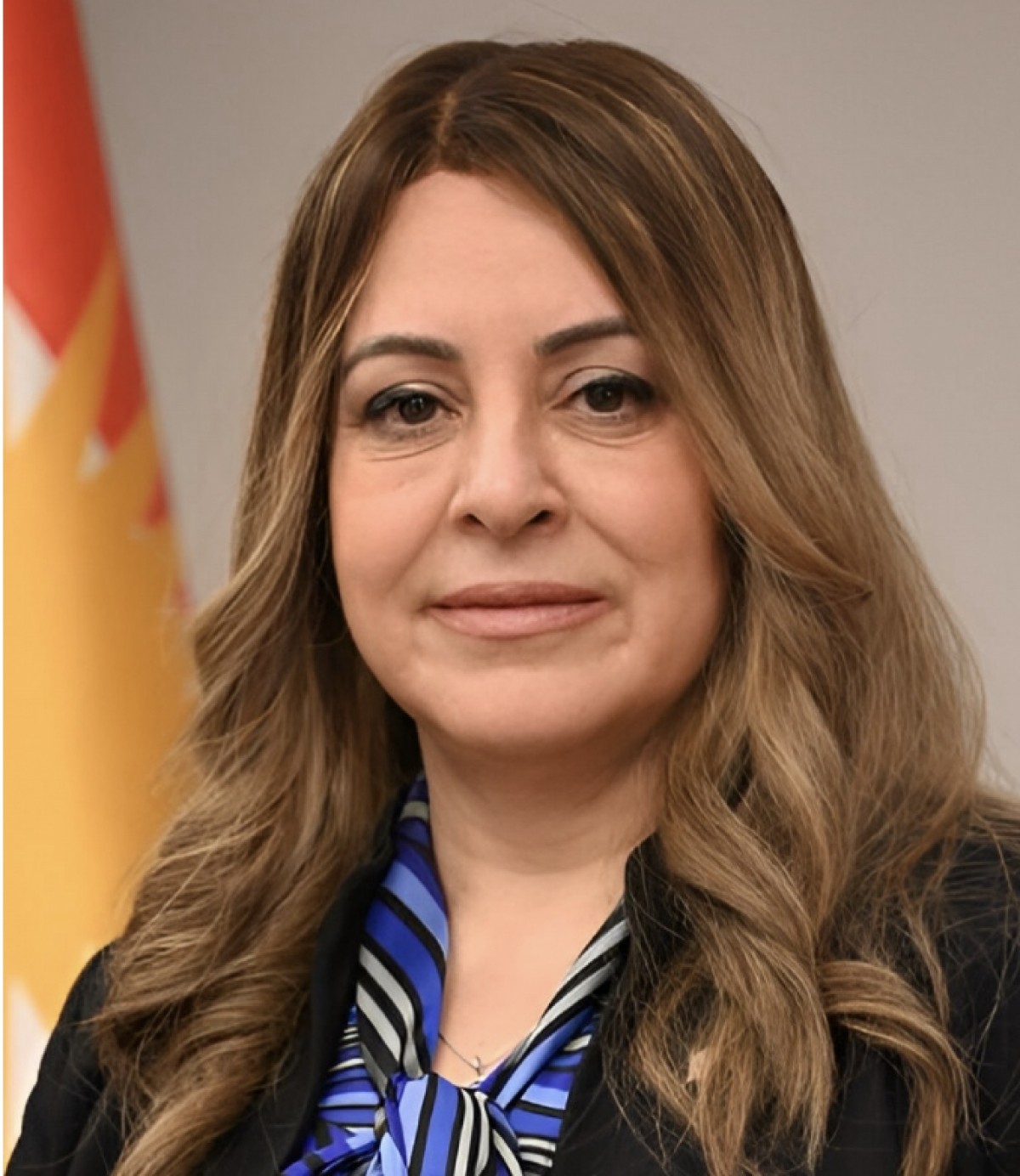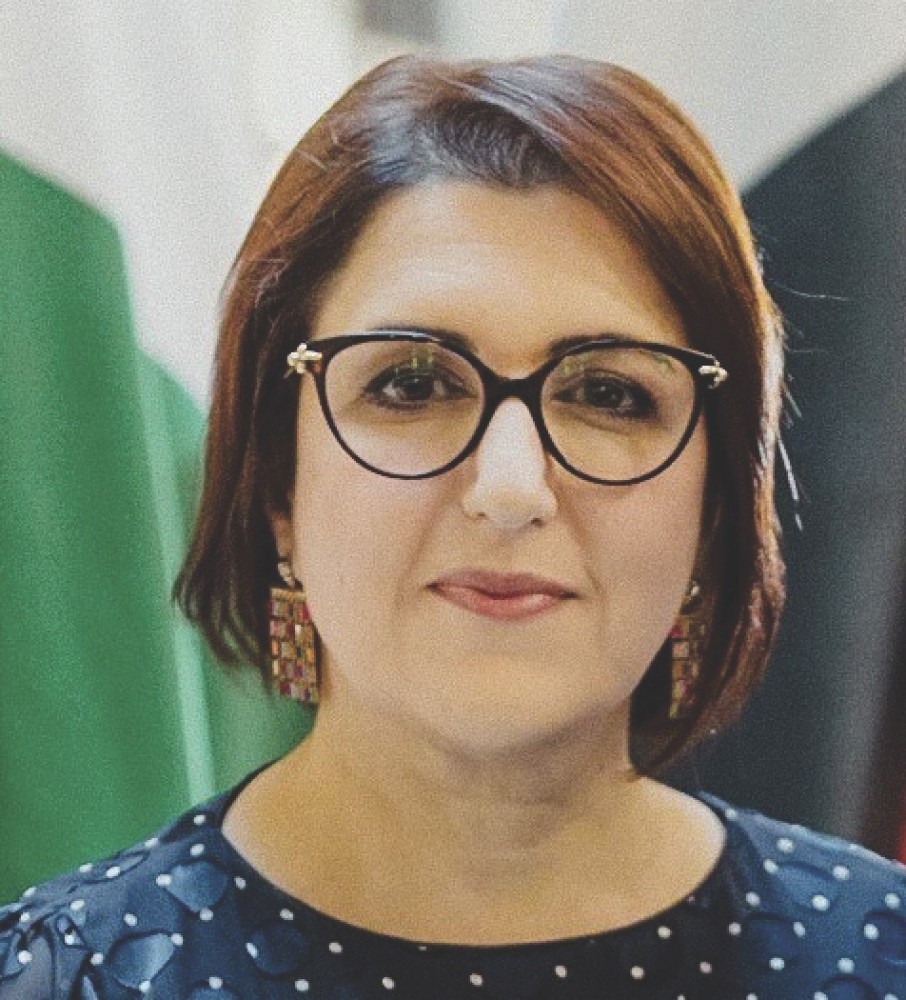Sometimes, a journey begins in the pages of a book. It was through immersing myself in the writings of Jabra Ibrahim Jabra and Sinan Antoon – and their predecessors Badr Shakir al-Sayyab and Nazik al-Malaika – that I discovered the profound depth of Iraq’s history and the richness of its cultural diversity, long before I ever visited the country. Their literary works, imbued with nostalgia, pain, and hope, illuminated the lives and experiences of Iraqis and ultimately motivated me to visit the country.
Jabra’s vivid autobiographical depictions of Baghdad, with its bustling Mutanabbi Street, vibrant cafes, and extensive bookstores, along with his portrayal of Al-Ameerat Street, painted a lively picture of the city. Antoon’s harrowing narratives of Iraq during and after the war, including the tragic events of Halabja in the 1980s, further deepened my understanding of the successive wars and crises that have shaped modern Iraq.

I have harbored a deep desire to visit Iraq since high school. This yearning intensified over the years, fueled by the literary images that these authors so masterfully crafted. In late May 2024, I was thrilled to receive an invitation to give a speech to young graduates in Kurdistan, who had just completed a training program organized by the KRG’s Office of Initiatives and Communication. I accepted the invitation immediately – not only did it fulfill my long-held wish to visit Iraq, but it also aligned with my passion for youth development. It is my firm belief that young people can play a key role in building a promising future for a nation that has endured numerous hardships.
I decided to visit the Kurdistan Region, particularly the capital Erbil, to gain a deeper understanding of the region’s youth and to dispel the misconceptions perpetuated by media narratives of insecurity and instability.

Cultivating leaders and goal setters
My family and I arrived at Erbil Airport after a two-and-a-half-hour flight from Qatar’s Hamad International Airport. Early the next morning, I prepared to give my speech to the graduates. As part of my routine, I visited the hotel gym, then enjoyed a breakfast featuring Iraqi qaymar with date molasses, local yogurt, and Iraqi tea. During breakfast, I overheard a man in his sixties speaking in the Iraqi dialect of Arabic on the phone at a nearby table. While I had heard this dialect countless times before, experiencing it firsthand in Iraq was particularly impactful.
The conference hall, elegantly arranged, left me in awe. The sight of young men and women dressed up to celebrate their graduation from the training program was heartening. This program, which enrolled 4,200 students from across the Kurdistan Region, began in January 2024. Its aim was not only to prepare students for employment, but also to equip them with essential life skills such as time management, prioritization, effective communication, problem-solving through critical and creative thinking, teamwork, and cooperation. Additionally, the training emphasized personal and professional responsibility, leadership development, positive thinking, and the setting and achieving of personal and professional goals. These skills are crucial for young people to successfully navigate life’s challenges.
My role in this event was to deliver an encouraging speech to the graduates. I shared my personal and professional journey over the past 28 years as a working mother of five children. I recounted stories of success and failure, emphasizing the lessons learned from these experiences in my current role as a professor at the College of Public Policy at Hamad Bin Khalifa University in Qatar. I stressed the importance of continuous learning for students and researchers to grow and develop in their fields, as well as to overcome life’s difficulties.
Balancing study, work, and family responsibilities taught me the importance of setting clear goals and managing time effectively, both of which are key to achieving continuous progress. Persistence and dedication in one’s efforts are essential for yielding fruitful results. I encouraged the students to engage in continuous reading to expand their knowledge and to stay abreast of recent developments in their fields. Additionally, I emphasized that maintaining mental and physical health is crucial for effectively facing challenges.

The promise of young women
During lunch, I had the pleasure of discussing the role of women in building society with the Kurdistan Regional Government Minister of Interior Rebar Ahmed Khalid and the Secretary General of the Family and Development Council. This trip clarified many questions for me and instilled hope that what I had read and seen about Kurdistan and Iraq would evolve positively through the efforts and determination of its youth and the pivotal role of decision-makers in creating suitable conditions for graduates to apply their knowledge.
Throughout the event, several graduates shared their success stories. Susan conveyed her challenges and achievements through sign language, Rebin from Halabja recounted her journey to obtain a scholarship to study in Boston, and Maryam shared her story of finding job opportunities and overcoming life’s obstacles.
After a busy day, I asked to visit a village for a more intimate experience of Kurdish culture. One student, Asya, armly welcomed us to her beautiful farm, where I was delighted by the high level of education and upbringing of her daughters, particularly Nour, who aspires to become an ambassador to the UN. I was also pleased to see the enthusiastic support she received from her family, especially her grandfather – an encouraging sign for the future of the region and its youth.

We also explored Shaqlawa, a mountainous town about 40 minutes from Erbil, known for its cooler air in the hot summer. We stopped at a bakery, where the baker generously refused payment for our bread, reminding me of the bakery in the neighborhood where I lived in the 1980s in Al Ruwais, Qatar. The hospitality, generosity, and warmth of the Kurdish people were remarkable. Having visited 48 countries, I found the people of Kurdistan uniquely hospitable and welcoming.
This trip provided me with a new perspective on an evolving country, offering a deeper understanding of the challenges and aspirations of its young men and women. I realized that hard work and dedication can transform reality and create a better future, regardless of the difficult circumstances. This visit reaffirmed my belief in the resilience and potential of Iraq’s youth and the importance of continuous support and encouragement from their families and communities.
Dr. Asmaa Alfadala is Assistant Professor at the College of Public Policy at HBKU. She holds a Ph.D. in Education Policy, and currently is a consultant in educational development and has contributed to education research in Qatar and beyond.

